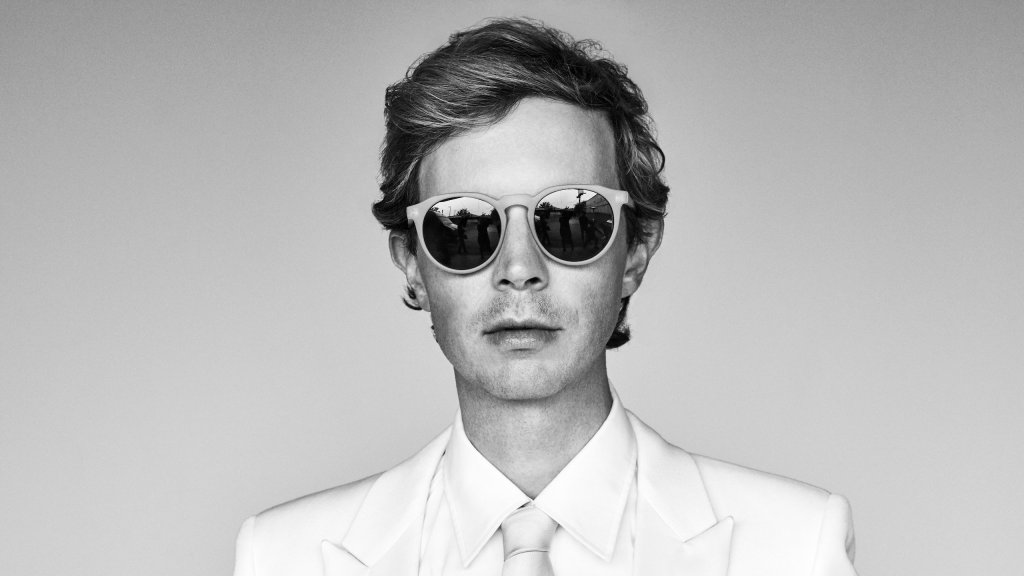Beck Hansen remains a figure of few pretensions. Somewhat closer to J.D. Salinger’s Holden Caulfield than a caricature of music’s greatest eclectic, and with a career closing in on three decades, his two most recent albums, Morning Phase and Colors, have seen him ride another career high.
It’s a new trajectory. To many, it suggests the Los Angeles native has been…











